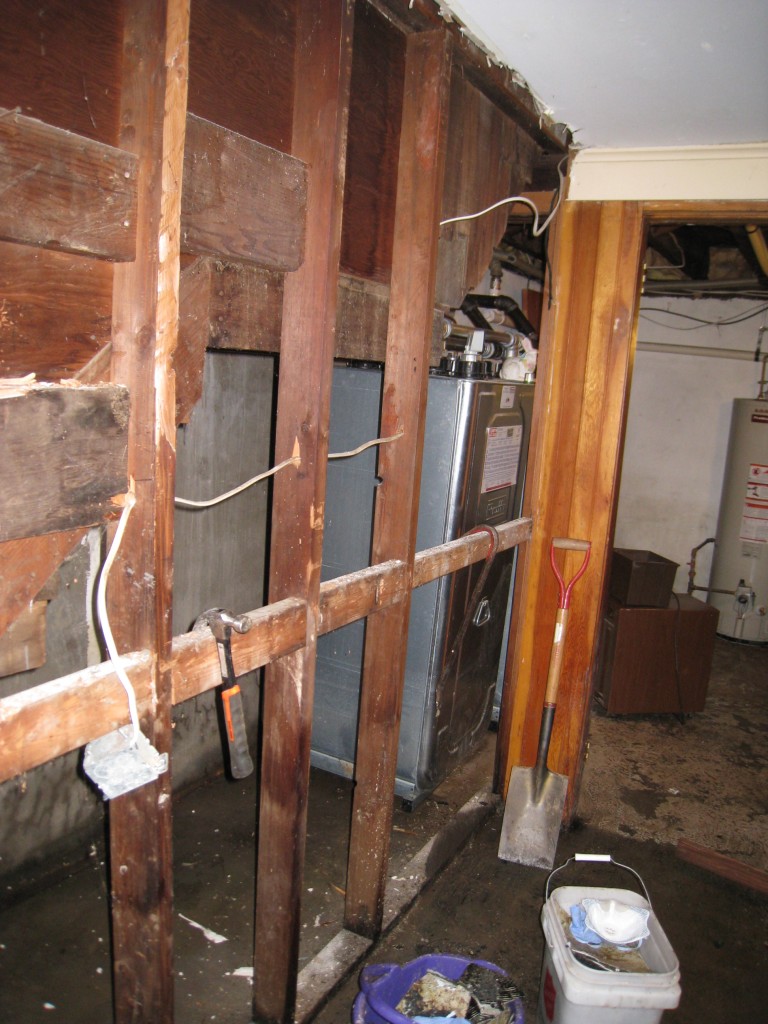Disclosure: In any review for a product or service, products or compensation may have been provided to me to help facilitate my review. All opinions are my own and honest. I am disclosing this in accordance with FTC Guidelines. Please see “Disclose” and "Terms of Use" tabs for more information.
Renovating your home to meet your family’s needs is a great idea. Home renovation can be as simple as replacing sewage pumps with new ones, or as complex as adding a whole floor to the house. Undertaking a major home renovation project is a complex process, and homeowners have a lot to consider before breaking down existing walls or even shelling out a dime.
If you find yourself in need of a change to your house’s structure for any reason, think about the following things first.
What are your expectations?
Your goals and inspirations for doing home renovation will guide you through the rest of the building process. For instance, you want to create a workspace for your home office. You should be able to envision it and have some expectation for what you need in such a space, so you can have a clear direction on the renovation project you’ll be undertaking.
Is your budget enough?
Can you afford having renovation work done according to your specifications? Many homeowners with a limited budget opt to do DIY renovation projects; if you feel confident in this area, then do so. However, remember not to compromise structural integrity. Consult contractors and request for job quotations, if possible. Communicate to them what you want to do and the budget that you have so you can have a better idea of what you can achieve considering your resources. It’s important to find the right contractor who understands your goals and vision while being trustworthy where expenses are concerned.
Do you have a layout plan?
Planning your space is necessary to make the most out of your home’s prominent features. If you would like to create a workspace, determine where you would like to place it and if the area you selected receives plenty of natural light. You would most likely spend a lot of time there, and to conserve energy, make sure that the space you choose doesn’t need much by way of artificial light. Plus, natural light is good for a positive working mood!
Will the new design be energy-efficient?
If you’re renovating, you might as well make your house energy-efficient by making small changes. For instance, you can shift to using energy-saving light bulbs and ventilation systems. You can also choose to have a solar energy system and rain water collection system installed when your new roof is done. Replacing sewage pumps can also help you check for leaks or broken pipe components so that you can do the necessary action to prevent wasting water.
What materials will you use?
You may have envisioned what your new room or space will look like. In line with this, you must think about the kinds of materials that you’ll use. The materials should be durable and are able to support your home’s long-term viability. Along with materials, you should also consider your home’s interior design and the furniture that you’ll use. Your furniture should be able to meet your needs but must not take up a lot of space, especially when the room is small.
When renovating your home, pay attention to the details and keep an eye on how you spend your budget. When in doubt, consult an expert who can help you make design and layout decisions.

















Great tips here! Thanks for this post. Have to chime in on this one: often times homeowners forget to renovate one room at a time vs. one large rehab overhaul. Unless, the homeowner has access to trustworthy contractors & a huge stash of contract, the budget can swell up! I’d recommend on focusing on the NECESSARY renovations first! Also use smartphone renovation apps to stay organized!